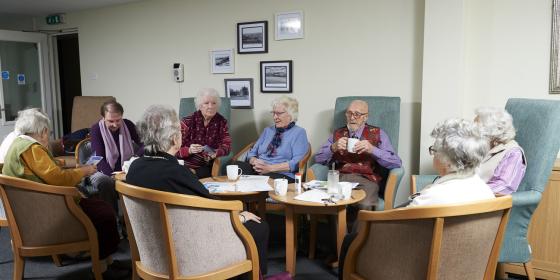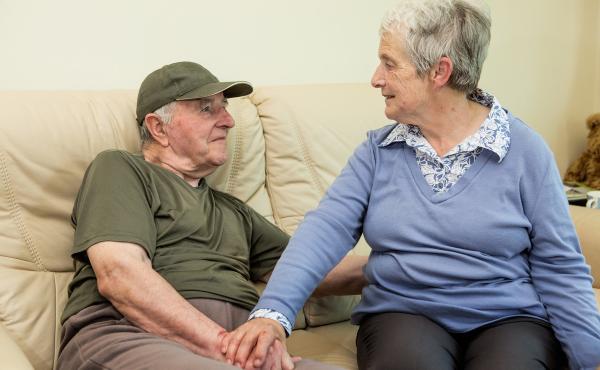 Accessing Quality Care
Accessing Quality Care
Being a family carer can be hugely rewarding, but there are also risks that people performing this vital role don’t get the support they need. Our work on carers is particularly focused on the one in five older people in England who are acting as carers.
Some people with caring responsibilities do not recognise themselves as carers and are not aware of the forms of support available to them. We know from the calls that we receive on our Helpline, and through our research with people in later life, that it can be especially hard for older carers to prioritise their own well-being. Full-time older carers are at increased risk of low mental wellbeing compared to non-carers.Older carers are more likely than non-carers to suffer from poor physical health and are less likely to have had more than 10 visits to the GP in the past 12 months than non-carers. There are also clear financial impacts – full-time carers are more likely to be in the lowest income quintile after housing costs than part-time carers and be unable to cover unexpected costs.
Our policy calls
- Local authorities must take steps to actively promote the entitlement to carer’s assessments and increase the number of assessments they conduct to ensure that the safety and wellbeing – including mental wellbeing – of unpaid carers is protected. This must be adequately resourced to make sure that local authorities are supported to implement this work.
- Local authorities should ensure all family carers are aware of the options open to them for respite and how to access these.

 Social Care Workforce
Social Care Workforce